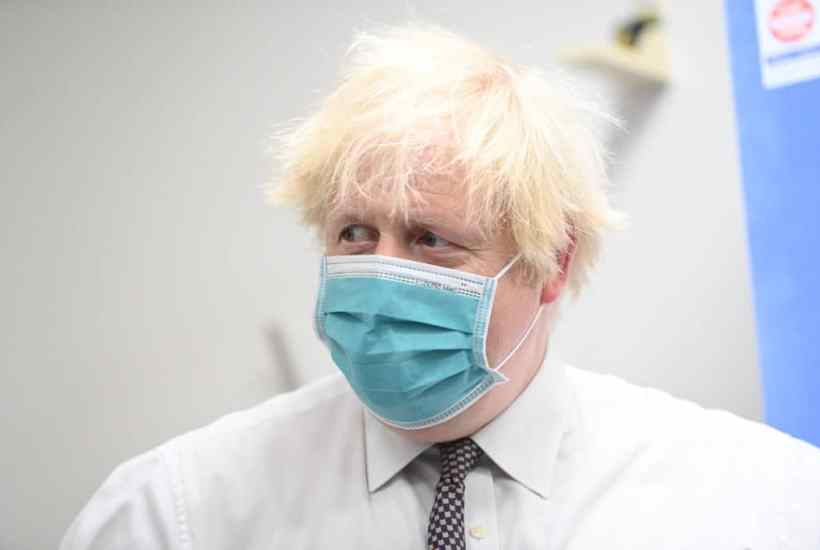Ministers accused of overreacting to the Omicron variant will feel vindicated by the comments of Moderna chief executive Stéphane Bancel. In an interview with the FT, Bancel said he expects his company’s vaccine to suffer a ‘material drop’ in efficacy against Omicron – on the grounds that the new variant has 32 mutations to its spike protein.
Already a subscriber? Log in
Subscribe for just $2 a week
Try a month of The Spectator Australia absolutely free and without commitment. Not only that but – if you choose to continue – you’ll pay just $2 a week for your first year.
- Unlimited access to spectator.com.au and app
- The weekly edition on the Spectator Australia app
- Spectator podcasts and newsletters
- Full access to spectator.co.uk
Or





















Comments
Don't miss out
Join the conversation with other Spectator Australia readers. Subscribe to leave a comment.
SUBSCRIBEAlready a subscriber? Log in